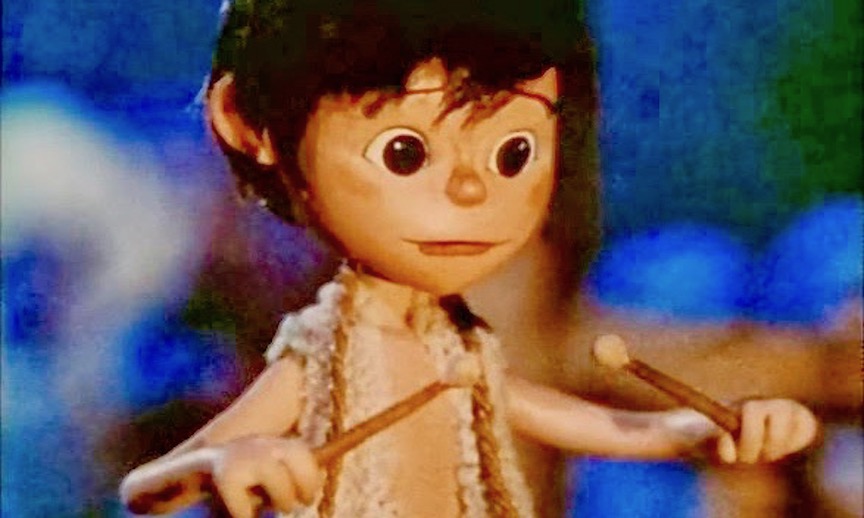SPHERE WE ARE
Last weekend, Patty Stephens led a “Hymnprov” workshop, where a bunch of us talked and riffed and improvised for a couple of hours, and then emerged at the end with a groovy new song that we’d written together. We’ll sing it on Sunday; it’s a good one!
One of our exercises in the workshop was a sort of free-association. Patty called out words and we noted the ideas and feelings that bubbled up around them. One of the words was “degree.” I’ve been thinking about it all week.
What I jotted down during the exercise, in response to this word, “degree,” was a train of thought: 360º in a circle… How many degrees in a SPHERE…? Degrees in every direction = Infinity?
It seemed deep and poetic at the time. I shared it with the group, but as it came out of my mouth it sounded way abstract and woo-woo. Travis quipped, “Stay tuned for a sermon called ‘Sphere We Are.’” He’s a smart-ass, but he was right.
For the record, I also considered: Sphere We Go Again… Sphere, There, and Everywhere… From Sphere to Eternity… God, I love a pun.
A funky thing about the word — degree — is the number of connotations it carries. In our free-association exercise, my first take was geometric. Others in the group thought of completely different things. People referred to temperature, to academic diplomas, and to the iterations of something (“the Nth degree”). The various meanings are all quite distinct, though they do have the same root. They come from Latin, degradus, which means to step down, to “degrade.” By Middle English, it suggested a step in any direction — up or down, towards or away, into or out of.
Another interesting thing about degrees is that while they purport to measure something specific, what they end up signifying is totally relative. In every context, it seems like an absolute, but with a closer look, and in an experiential sense, it gets blurrier. 97º is uncomfortably hot if it’s muggy and you’re trying to sleep in it, but not nearly hot enough to boil water. A university degree certainly can mean something — a commitment, an achievement, perhaps knowledge or expertise — but plenty of us with liberal arts degrees know full well that their meaning turns out to be utterly subjective in the job market. The Nth degree is the be-all-end-all. But is that a degree of separation or of closeness, expansion or contraction, height or depth, joy or despair?
It starts out mathematical but quickly goes metaphysical.
Early this year, I bookmarked an Atlantic article by David Brooks. The bookmark that I’ve been reading in my sidebar for six months is: “The Zeitgeist of Doom.” The original article was titled, “How Chicken Littles Are Ruining America.” I read it in January, saved it, and revisited it this week. The headlines sound a little bleak, but I found the analysis insightful and ultimately something I can work with.
The basic idea is pretty straightforward Science of Mind stuff — that how we think about a thing largely determines how we experience it, that our beliefs affect (or even create) our reality. David Brooks applies this principle to our current political and sociological divide, breaking it down to explain how we arrived in these seemingly-intractable culture wars.
We’re on a pendulum swing back from individualism towards community, he writes. This, in itself, is not a bad thing. Our 21st century desire for belonging has taken a form that is less about common affections and shared values — alas — and more about shared grievances, mutual enemies, and common threats. There are left- and right-wing versions of this in which we have enshrined our victimhood. It’s turned into a paradigm across the political spectrum and across demographics in which Doom and Despair are now equated with Understanding, Intelligence, and Righteousness. And negativity continues to beget negativity.
He writes, “In this way, pessimism becomes a membership badge—the ultimate sign that you are on the side of the good. If your analysis is not apocalyptic, you’re naive, lacking in moral urgency, complicit with the status quo.” Ugh.
The article doesn’t offer much in the way of solutions. Nevertheless, I am heartened when I think about it all in a context of our mutual desire to belong. I’m leaning into this — our shared desire to feel like we matter, that our feelings matter, our cares and concerns matter, our hopes and dreams matter. If what’s underneath and behind all this oppositional negativity and pessimism and extremism truly is a deep desire to connect and to belong — well, then, the fix seems pretty clear (if admittedly still complex) to me.
To me, it’s clear (and complex) that we will all be happier when we find our way back to shared visions, shared goals, shared hope, and shared humanity. Maybe it has something to do with remembering that we’re not finite two-dimensional circles of a mere 360º, with a limited number of slices in our pie. We are, rather, infinite spheres with degrees radiating outward in every direction — degrees not of separation and division, but of connection and creativity and great worth.
Several people I admire recently shared this gorgeous Howard Zinn piece:
“To be hopeful in bad times is not just foolishly romantic. It is based on the fact that human history is a history not only of cruelty, but also of compassion, sacrifice, courage, and kindness. What we choose to emphasize in this complex history will determine our lives. If we see only the worst, it destroys our capacity to do something, If we remember those times and places — and there are so many — where people have behaved magnificently, this gives us the energy to act, and at least the possibility of sending this spinning top of a world in a different direction. And if we do act, in however small a way, we don’t have to wait for some grand utopian future. The future is an infinite succession of presents, and to live now as we think human beings should live, in defiance of all that is bad around us, is itself a marvelous victory.” – HOWARD ZINN
We’re always moving — sphere we are, and everywhere. We’re evolving, renewing, ongoing — sphere you come again, sphere we go. And our potential is boundless — from sphere to eternity. I can’t wait to be with you this Sunday, July 28, 10am at q-Staff Theatre. XO, Drew
©2024 Drew Groves




